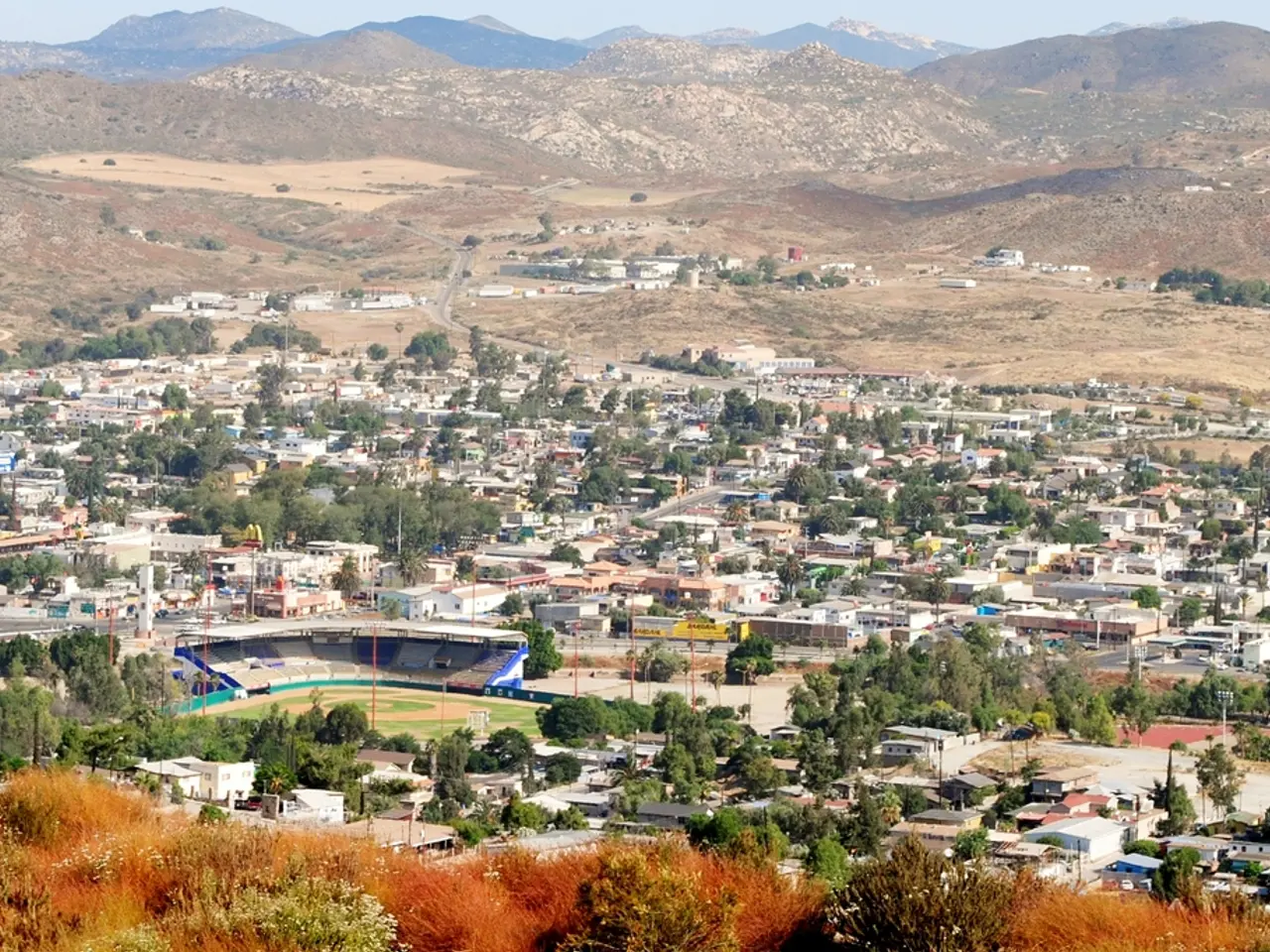OTT Platforms Continue to Embrace Small-Town Drama: Panchayat Season 4 Highlights
In the ever-evolving landscape of digital entertainment, Panchayat Season 4 has emerged as a standout success, turning the smallest stories into the biggest cultural moments. This critically acclaimed and widely popular show is more than just a success story for a programme; it's a statement about the relevance of small towns in India and the power of soulful storytelling.
Set in a dusty UP village, Panchayat follows the life of a young man named Abhishek Tripathi (played by Jitendra Kumar), who is posted as a panchayat secretary. The show's characters are relatable, like people one might know, and its humor is subtle, conflicts are real, and its pace is packed with depth.
One of the key factors contributing to Panchayat's success is its relatable and authentic storytelling. The series candidly depicts the daily trials, humor, and emotional moments of village life, capturing the nuances of rural politics, community dynamics, and personal relationships. This authentic portrayal creates a strong emotional connection with audiences both in rural and urban settings.
The show's cast, including Neena Gupta as Pradhan Ji, delivers performances that are deeply moving and relatable, contributing to the show's popularity and critical acclaim. The strong character development and powerful performances have been instrumental in growing the show's fanbase and market value.
Panchayat's success can also be attributed to its blend of humor and emotion. The series balances lighthearted and comedic moments with meaningful emotional arcs, such as Abhishek's struggle between pursuing city dreams and fulfilling village responsibilities. This balance keeps the narrative engaging and enjoyable, resonating with viewers globally due to its simplicity and universal themes.
OTT platforms like Amazon Prime Video, Netflix, and SonyLIV have played a significant role in democratizing storytelling, enabling subtitles and dubbing for wider audiences. This has allowed local stories with global appeal, such as Panchayat, to reach audiences beyond regional viewership.
Panchayat Season 4 delves deeper into emotional arcs, particularly focusing on Prahlad's grief and Abhishek's moral dilemmas. The show does not portray villages as places of backwardness or urban superiority, but rather challenges stereotypes by painting a balanced picture of human connection, political quirks, emotional bonds, and local challenges.
In an era of fast-paced content, Panchayat's slow burn story feels refreshing. Despite being rooted in a rural Indian setting, the show captivates audiences globally, reinforcing the idea that compelling storytelling doesn't need melodrama; it needs honesty.
The writing in Panchayat Season 4 maintains humor and innocence while maturing, delivering emotional resonance with clumsy political tension in Phulera and a subtle romance between Abhishek and Rinki. The success of rural-based shows like Panchayat can be seen as a testament to the democratization of storytelling by OTT platforms, redefining success in digital entertainment.
Movies-and-TV, entertainment: The success of Panchayat, a critically acclaimed show on OTT platforms, lies in its relatable and authentic storytelling about a small-town panchayat secretary. Its blend of humor and emotion, deep character development, and universal themes have made it appealing to a global audience, demonstrating the power of soulful storytelling in the ever-evolving landscape of digital entertainment.







